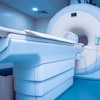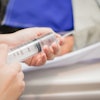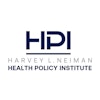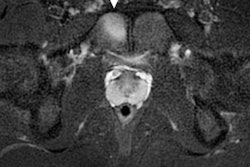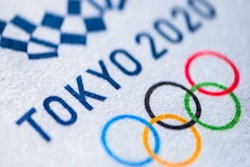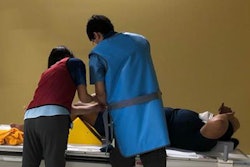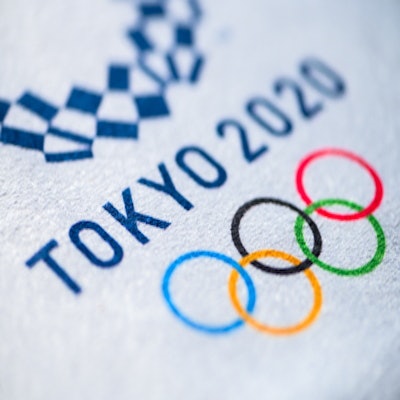
Medical imaging is already playing a valuable clinical role in the Tokyo Olympics, and both MRI and ultrasound look set to be essential diagnostic tools right up to the closing ceremony on August 8.
Most of the sporting action so far at the Games has been held away from the Olympic Village, which means the bulk of scans have taken place at local hospitals throughout Japan. For instance, when the New Zealand (NZ) captain Winston Reid was injured in the third minute of Sunday's soccer game against Honduras, he was taken to a nearby hospital in Kashima for an MRI exam.
"Our team doctor sent the scan to be read back home," NZ coach Simon Hilton told AuntMinnie.com on 26 July. "The game ended at 6:45 p.m. local time, and by 10 p.m., we knew the outcome was a grade 1 medial collateral ligament injury of the knee."
During a pretournament friendly match at Atsugi, ultrasound was performed on another NZ player. The imaging service has been efficient and speedy, according to Hilton, who noted that keeping the players' professional clubs informed about any injuries is an important task.
Absence of overseas radiologists
There has been some disappointment, however, for some overseas radiologists who were originally due to work at the Games, including Dr. Daichi Hayashi, PhD, assistant professor of clinical radiology at Stony Brook University Hospital, New York.
"Unfortunately, due to the COVID pandemic and associated restrictions in Tokyo, Japan, none of us U.S. radiologists are traveling to Japan for the Olympics," he told AuntMinnie.com.

